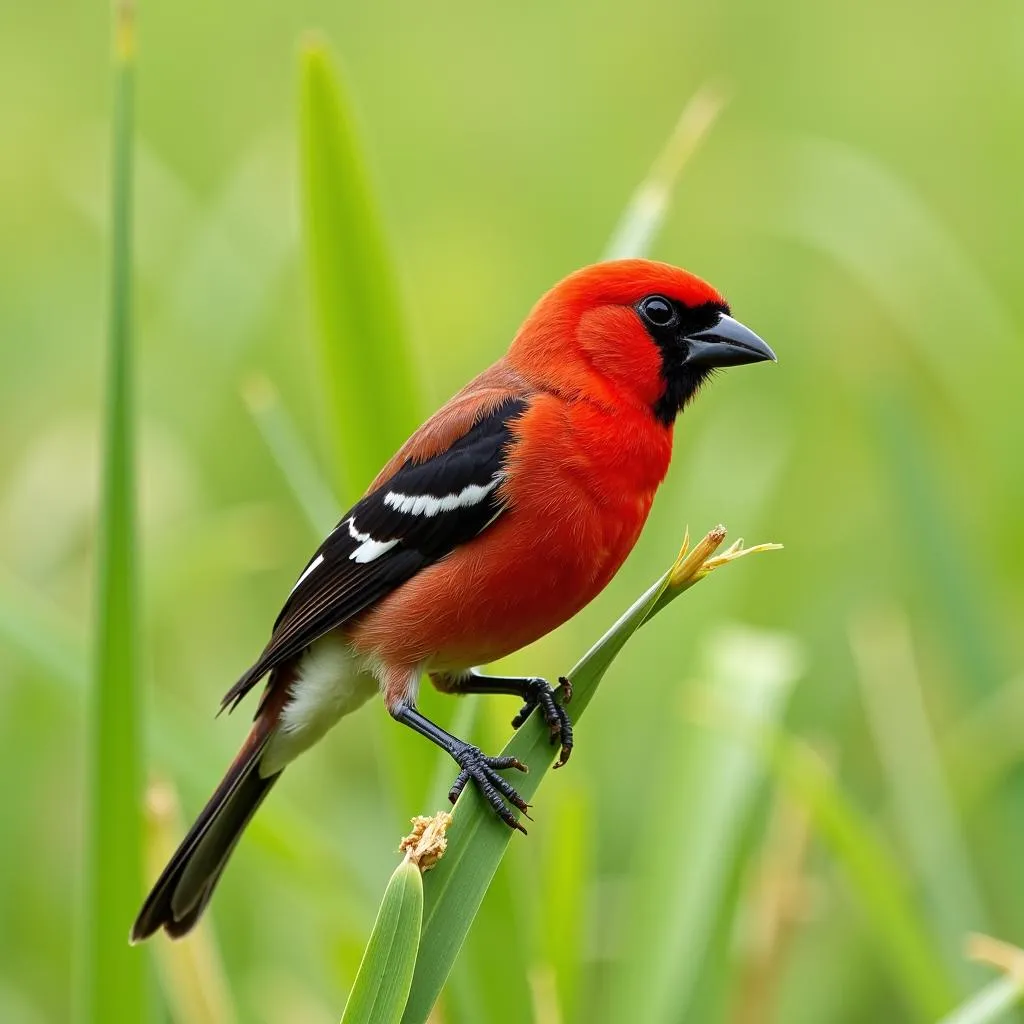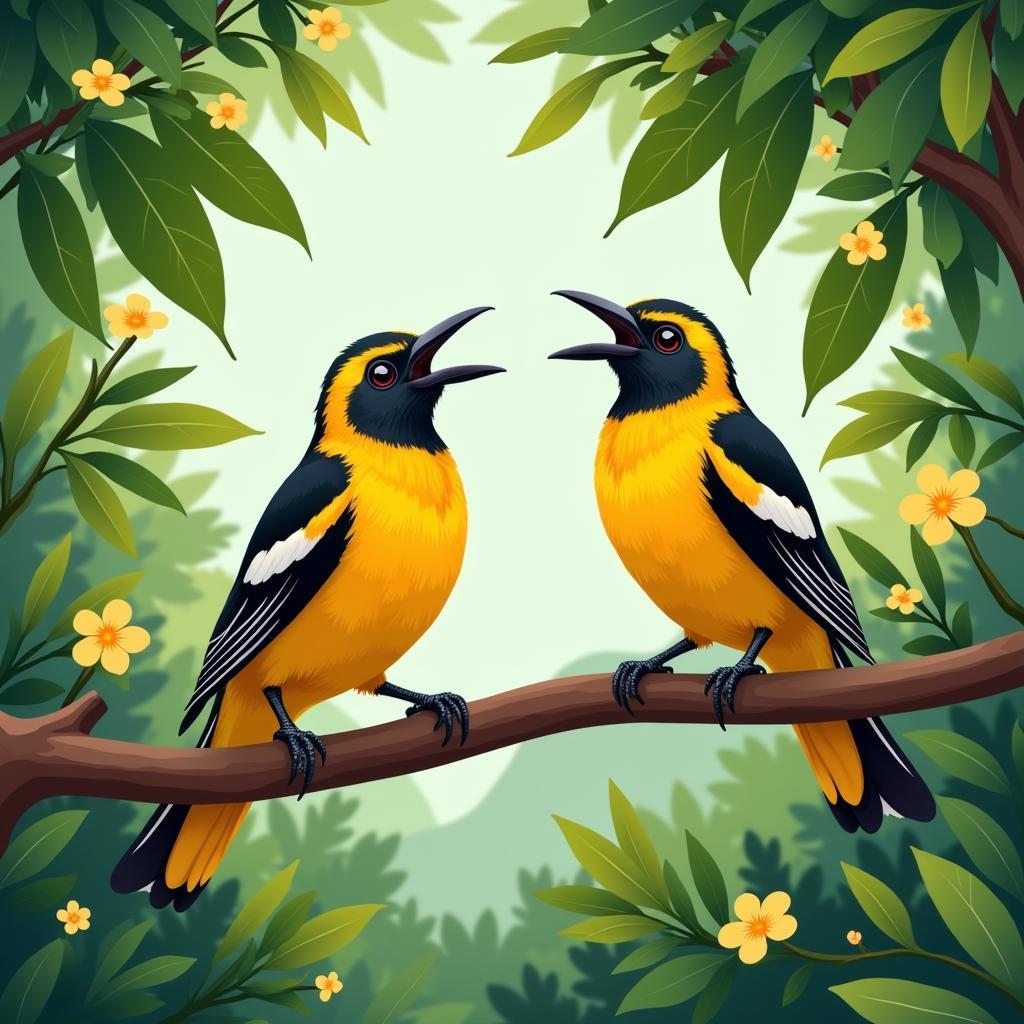African Culture Traditions and Beliefs: A Rich Tapestry
African culture, traditions, and beliefs are as diverse as the continent itself. From the bustling markets of Marrakech to the serene landscapes of the Serengeti, Africa pulsates with a vibrant energy born from centuries of rich history and cultural evolution. This exploration delves into the heart of these traditions and beliefs, unveiling the captivating tapestry that binds this vast continent together.
Exploring the Diversity of African Traditions
Africa isn’t a monolithic entity; it’s a mosaic of over 50 countries, each with its unique customs and traditions. While generalizations can be misleading, certain threads weave through the cultural fabric of the continent, connecting communities and generations. Oral traditions, for example, play a crucial role in preserving history, passing down knowledge, and instilling values. Storytelling, proverbs, and songs serve as vital tools for education and entertainment, fostering a sense of shared identity and belonging. These traditions are not static; they adapt and evolve, reflecting the changing times and influences.
Ancestor veneration is another common thread. Across many African cultures, ancestors are believed to hold a powerful influence over the living, offering guidance and protection. Rituals and ceremonies are performed to honor them, seeking their blessings and wisdom. This deep respect for ancestors reinforces family ties and strengthens community bonds.
Family and community are cornerstones of African Life. Extended family structures provide a strong support system, and communal living emphasizes collective responsibility. These close-knit relationships promote social harmony and mutual support, creating a sense of belonging and security.
The Significance of African Beliefs
African beliefs are deeply intertwined with the natural world. Many traditional religions emphasize the interconnectedness of all living things, recognizing the spiritual power of nature. Rituals and ceremonies are often performed to appease spirits and deities associated with the earth, water, and sky. This reverence for nature fosters a deep sense of respect for the environment and a commitment to its preservation.
Art, music, and dance are integral to African cultural expression. From intricate mask carvings to rhythmic drumming and vibrant dances, these art forms communicate stories, celebrate life events, and express spiritual beliefs. They serve as powerful tools for cultural preservation and transmission, passing down knowledge and traditions from one generation to the next.
African Culture and Beliefs in a Modern World
African culture and beliefs continue to thrive in the face of globalization and modernization. While Western influences are undeniable, many Africans are actively working to preserve and promote their cultural heritage. This includes efforts to revive traditional languages, support local artists and musicians, and educate younger generations about their cultural roots. african culture and beliefs provides more in depth examples of this cultural preservation.
The vibrant patterns and styles of African clothing patterns reflect this rich cultural heritage and are gaining global recognition. These patterns are not just aesthetically pleasing but often carry symbolic meaning, representing different clans, social statuses, or spiritual beliefs.
What are the core values of African culture?
The core values of African culture are often centered around community, respect for elders, spirituality, and a strong connection to nature.
How are African traditions passed down through generations?
African traditions are primarily passed down orally through storytelling, proverbs, songs, and rituals.
What is the role of art in African culture?
Art plays a vital role in African culture, serving as a medium for storytelling, spiritual expression, and cultural preservation.
How has colonization impacted African culture?
Colonization significantly impacted African culture, disrupting traditional ways of life, imposing foreign languages and religions, and suppressing indigenous knowledge systems. However, African cultures have demonstrated resilience and continue to thrive despite these historical challenges. For further insights and imagery, explore the beauty captured in African beautiful images.
Conclusion
African culture, traditions, and beliefs are a testament to the continent’s rich history and enduring spirit. From the reverence for ancestors to the vibrant expressions of art and music, these traditions continue to shape the lives of millions, offering a profound sense of identity, belonging, and connection to the past. Embracing and understanding these traditions is crucial not only for appreciating the diversity of human experience but also for building a more inclusive and interconnected world. Those interested in learning more about African symbols can download African cultural symbols pdf.
FAQ
- What are some common African traditions?
- How do African beliefs influence daily life?
- What are the different types of African art?
- How is African culture changing in the modern world?
- What are some resources for learning more about African culture?
For further reading, we suggest exploring African Culture and Beliefs. Additionally, for a different perspective on African beauty, you may wish to view African Beauty Nude. However, please be aware that this content may not be suitable for all audiences. african beauty nude
Need assistance? Contact us 24/7:
Phone: +255768904061
Email: kaka.mag@gmail.com
Address: Mbarali DC Mawindi, Kangaga, Tanzania.



